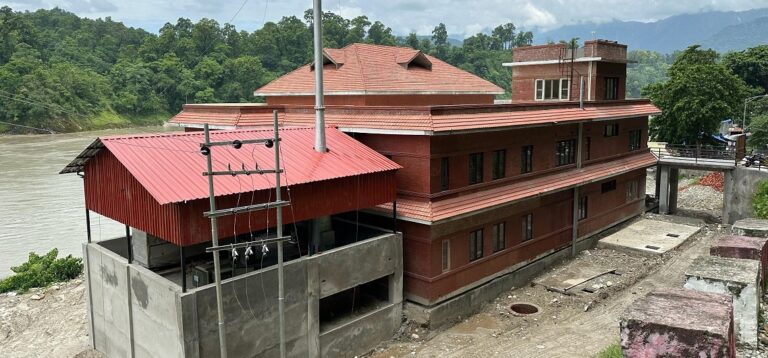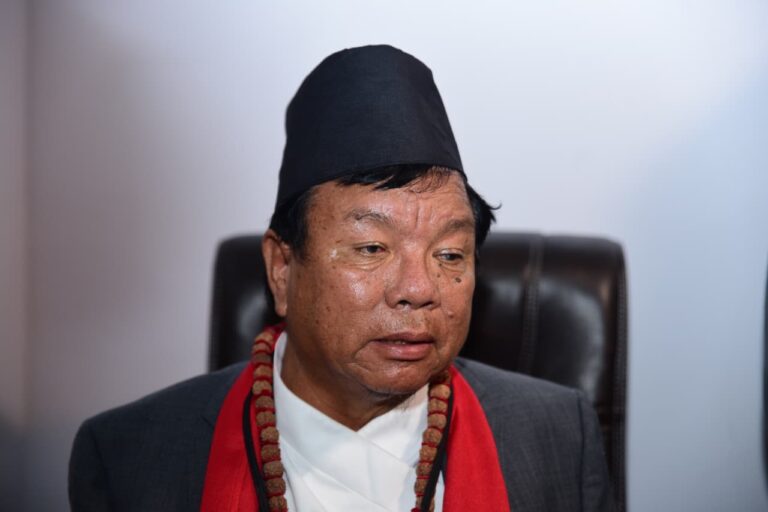
The fortnight of Pitri Paksha (Sorah Shraddha), which began on Ashwin Krishna Pratipada, concludes this afternoon with tarpan, sidadaan, and pindadaan offered to departed ancestors. According to Hindu tradition, this is a sacred period when descendants honor their forefathers to express gratitude and fulfill ancestral duties.
- Final Day: Ashwin Krishna Amavasya (Aunsi)
- Key Rituals: Tarpan (water offering), Sidadaan (donation of grains), Pindadaan (offering of rice balls)
- Special Provision: If Shraddha could not be performed on earlier dates of this fortnight, it can be performed today.
- Alternative Days:
- If not possible today, Shraddha can be performed from Ashwin Shukla Pratipada to Panchami.
- If still delayed, it can be done on Kartik Krishna Amavasya (Lakshmi Puja) or up to Vrishchik Sankranti (Mangsir).
- Other permissible days include Ashtami, Dwadashi, Amavasya after Panchami, or during Bharani Nakshatra and Vyatipat Yoga.
Religious Belief and Significance
According to scriptures like Hemadri, Viramitrodaya, and Nirnaya Sindhu, it is believed that during Pitri Paksha, ancestors descend to the earthly realm hoping for offerings of food and water. Performing Shraddha fulfills one’s ancestral duty (Pitri Rin) and brings blessings, while failure to do so is said to cause spiritual imbalance and ancestral displeasure.
For those unable to perform the rituals even after the recommended days, scriptures prescribe daily chanting of 108 Vedic mantras for 10 months, either personally or through a Brahmin, to bring satisfaction to the ancestors.
Associated Festivals
With the completion of Pitri Paksha, the Durga Paksha (Bada Dashain) begins. Ghatasthapana—the ceremonial sowing of barley seeds to invoke Goddess Durga—will take place tomorrow (Monday, Ashwin Shukla Pratipada), marking the start of Nepal’s biggest festival.
Major pilgrimage sites such as Gokarneshwar (Kathmandu), Betrawati (Nuwakot/Rasuwa), Devghat, and Triveni witness large crowds today as devotees perform Shraddha for their departed ancestors.




